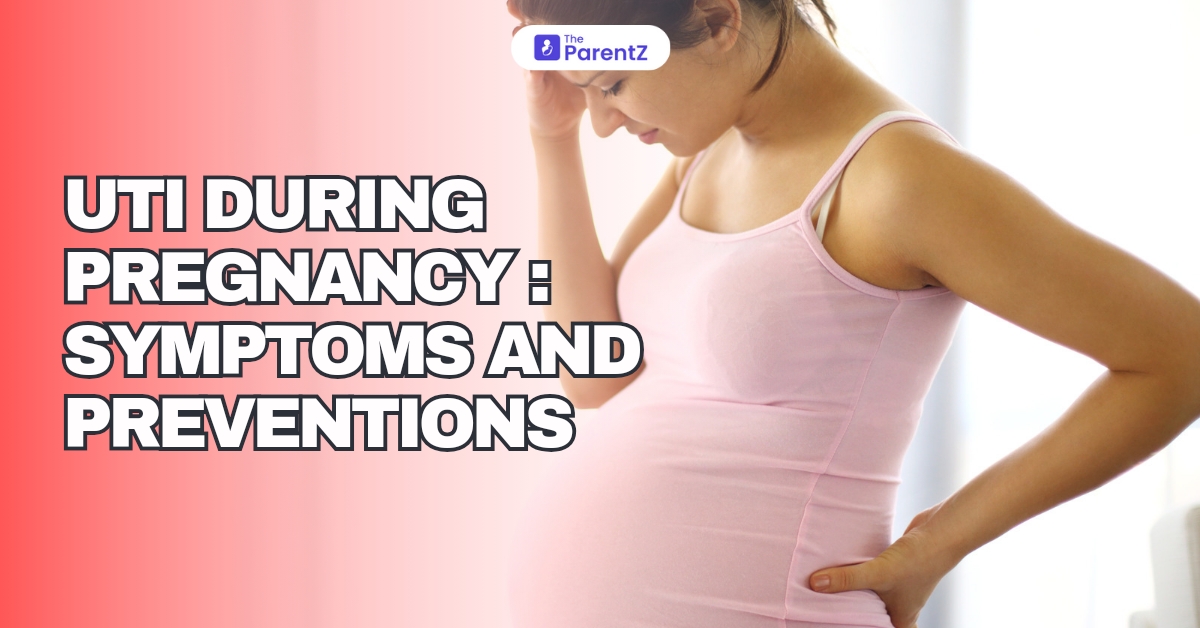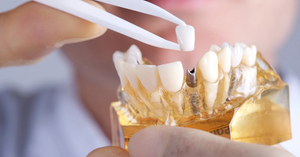Urinary Tract Infections (UTIs) are a common health concern during pregnancy, affecting approximately 2-10% of pregnant women. While UTIs can occur at any time, pregnancy increases the risk due to various physiological changes. Understanding the symptoms, risks, and preventive measures is crucial for maintaining maternal and fetal health. This article delves into the symptoms of UTIs during pregnancy, their potential complications, and effective prevention strategies.
Introduction to UTIs During Pregnancy
A UTI is an infection that affects any part of the urinary system, including the kidneys, ureters, bladder, and urethra. During pregnancy, the risk of developing a UTI increases due to hormonal changes and the growing uterus exerting pressure on the bladder. These changes can lead to incomplete bladder emptying, providing a breeding ground for bacteria.
Symptoms of UTIs During Pregnancy
Common Symptoms
Recognizing the symptoms of a UTI early can help prevent complications. Common symptoms include:
- Frequent Urination: An increased urge to urinate, even when the bladder is not full.
- Pain or Burning Sensation: Discomfort or a burning feeling during urination.
- Cloudy or Bloody Urine: Urine that appears cloudy or has traces of blood.
- Strong-Smelling Urine: A noticeable, unpleasant odor in the urine.
- Pelvic Pain: Discomfort or pain in the lower abdomen or pelvic area.
- Low-Grade Fever: A mild fever, which may indicate an infection.
Complications of Untreated UTIs
If left untreated, UTIs can lead to more severe complications, particularly during pregnancy:
- Kidney Infection (Pyelonephritis): A serious infection that can cause high fever, back pain, nausea, and vomiting.
- Preterm Labor: UTIs can increase the risk of premature birth.
- Low Birth Weight: Babies born to mothers with untreated UTIs may have lower birth weights.
- Sepsis: In rare cases, a severe UTI can lead to sepsis, a life-threatening infection that spreads throughout the body.
Causes and Risk Factors
Several factors contribute to the increased risk of UTIs during pregnancy:
- Hormonal Changes: Pregnancy hormones relax the muscles of the urinary tract, slowing down urine flow and making it easier for bacteria to multiply.
- Physical Changes: The growing uterus can put pressure on the bladder and urinary tract, leading to incomplete emptying of the bladder.
- Pre-existing Conditions: Women with a history of UTIs, diabetes, or other medical conditions may be at higher risk.
- Sexual Activity: Sexual intercourse can introduce bacteria into the urinary tract.
Prevention of UTIs During Pregnancy
Preventing UTIs during pregnancy involves adopting healthy habits and being vigilant about urinary health.
Hydration and Diet
- Drink Plenty of Water: Staying well-hydrated helps flush bacteria out of the urinary tract. Aim to drink at least 8-10 glasses of water daily.
- Cranberry Juice: Cranberry juice is supposed to help prevent UTIs by preventing bacteria from adhering to the urinary tract walls.
- Healthy Diet: A balanced diet rich in vitamins and minerals supports overall health and immune function.
Hygiene Practices
- Proper Wiping Technique: Always wipe from front to back after using the toilet to prevent the spread of bacteria from the anal area to the urethra.
- Frequent Urination: Avoid holding urine for long periods. Emptying the bladder regularly reduces the risk of bacterial growth.
- Cotton Underwear: Wear breathable cotton underwear to reduce moisture and bacterial growth.
- Avoid Irritants: Stay away from douches, scented feminine hygiene products, and harsh soaps that can irritate the urinary tract.
Regular Medical Check-ups
- Prenatal Visits: Regular prenatal visits allow healthcare providers to monitor your health and catch any early signs of a UTI.
- Urine Tests: Routine urine tests can help detect UTIs early, even before symptoms appear.
- Prompt Treatment: If you suspect a UTI, seek medical attention immediately. Early treatment with antibiotics can prevent complications.
Conclusion
UTIs during pregnancy are a common but manageable condition. By recognizing the symptoms early and adopting preventive measures, pregnant women can protect themselves and their babies from the potential complications of UTIs. Staying hydrated, practicing good hygiene, and attending regular medical check-ups are essential steps in maintaining urinary health during pregnancy. As always, consult with a healthcare provider for personalized advice and treatment if you suspect a UTI. Ensuring proper care and prevention can contribute significantly to a healthy and comfortable pregnancy, fostering a safe environment for both mother and baby.








Be the first one to comment on this story.